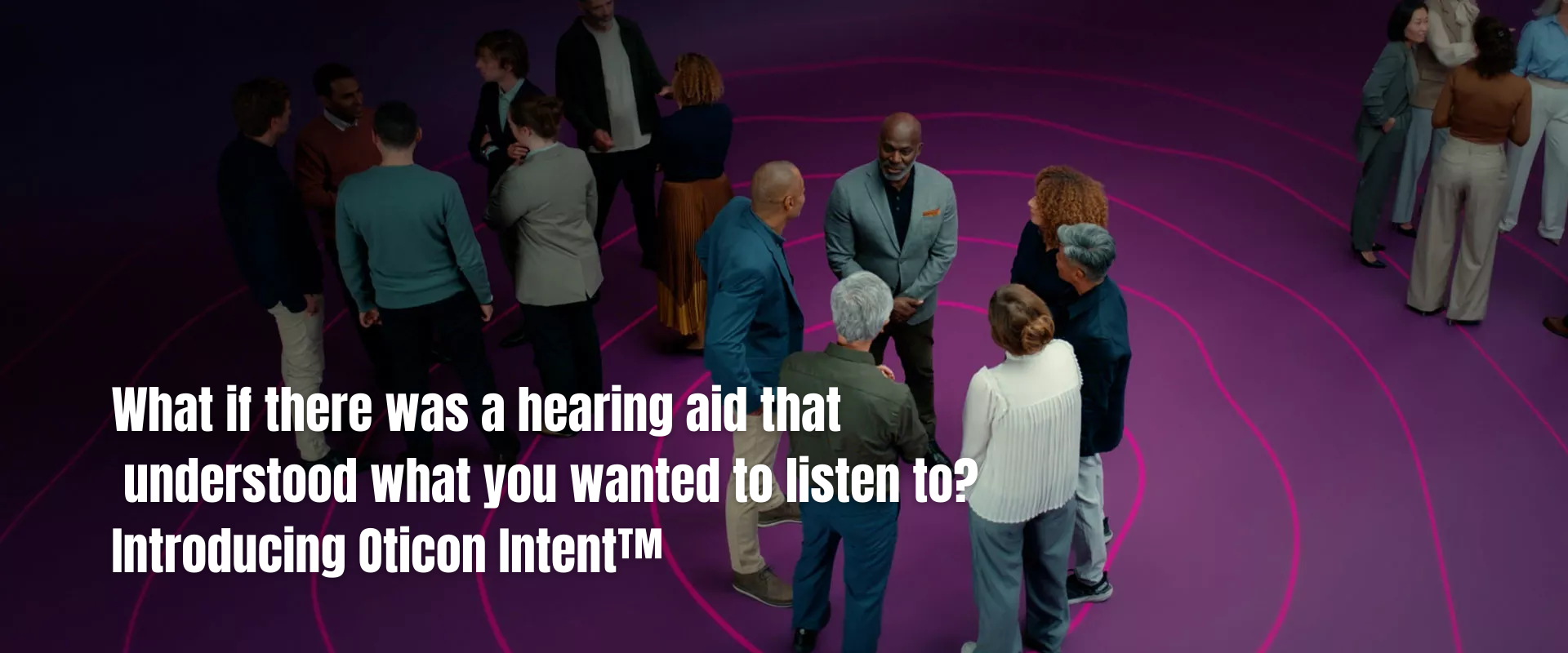
Unraveling Tinnitus: What Causes the Phantom Sounds?
The word “Tinnitus” comes from the Latin verb “tinnire,” which meaning “to ring“. That persistent ringing or buzzing in the ears, affects millions worldwide. While it might seem like a simple auditory glitch, the causes of tinnitus are diverse and complex, often interwoven with our auditory, neural, and emotional systems. Here’s a dive into what researchers have discovered about the origins of this enigmatic condition.
The Auditory Culprit
The most direct cause of tinnitus often lies within the auditory system. Prolonged exposure to loud noises damages the sensitive hair cells in the cochlea. These cells, responsible for converting sound waves into neural signals, when impaired, can send distorted or excessive signals to the brain, perceived as phantom sounds.
When Age Takes Its Toll
As we age, the hearing apparatus naturally degenerates—a condition known as presbycusis. This age-related hearing loss can disrupt the balance of neural activity in auditory pathways, potentially leading to tinnitus.
Stress: A Silent Aggravator
Beyond the ears, tinnitus is deeply connected to our brain’s emotional processing center—the limbic system. Emotional stress, anxiety, or depression can amplify the perception of tinnitus, making the brain more attuned to these phantom sounds.
Trauma and Medical Conditions
Head injuries, certain medications (especially ototoxic drugs), and medical conditions like Meniere’s disease or neurological disorders such as migraines can also spark tinnitus. These conditions alter normal neural signaling, contributing to the disorder.
The Role of Neural Networks
Modern imaging studies show that tinnitus isn’t just an ear problem—it’s a brain problem too. Abnormal activity in auditory-related brain areas and changes in neural synchronization have been linked to tinnitus.
Tinnitus is a complex condition with diverse causes and manifestations, but significant progress has been made in understanding and managing it. By addressing both the physiological and psychological components of tinnitus, individuals can achieve relief and regain control over their lives. If you or someone you know is struggling with tinnitus, consulting an Audiologist or an ENT specialist can be a critical first step toward effective management.


